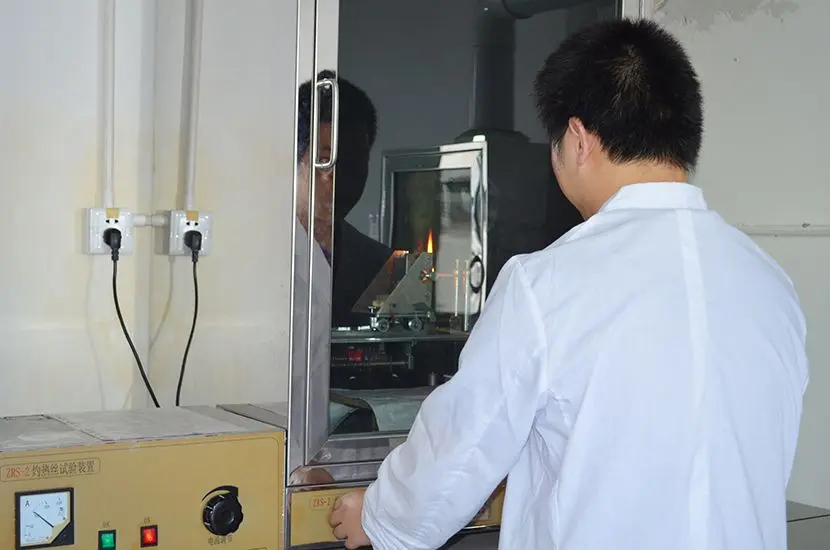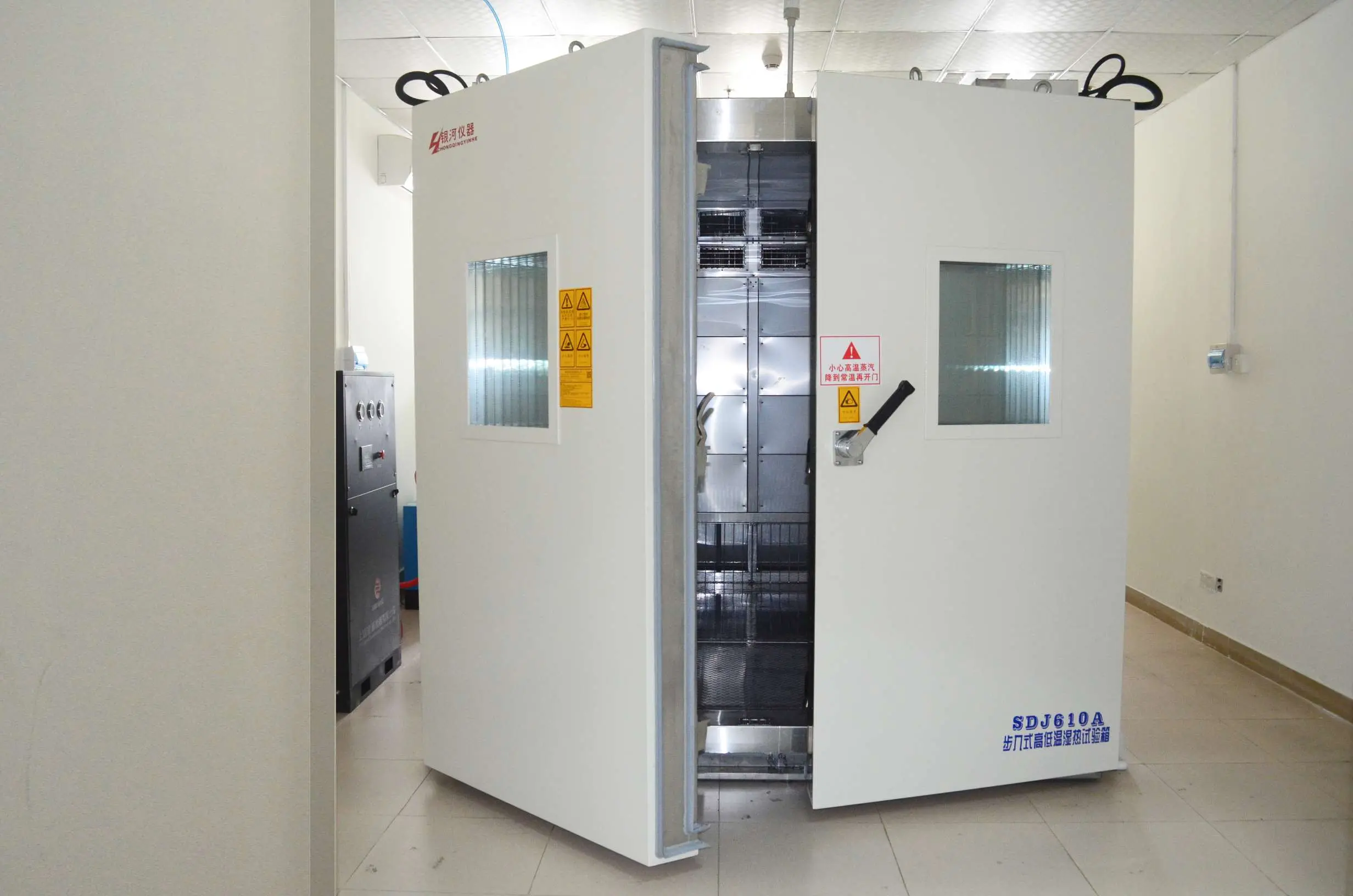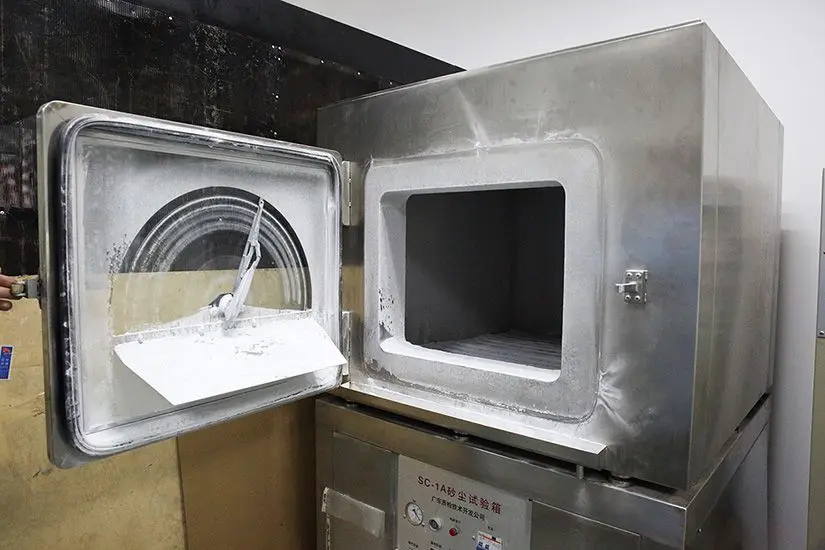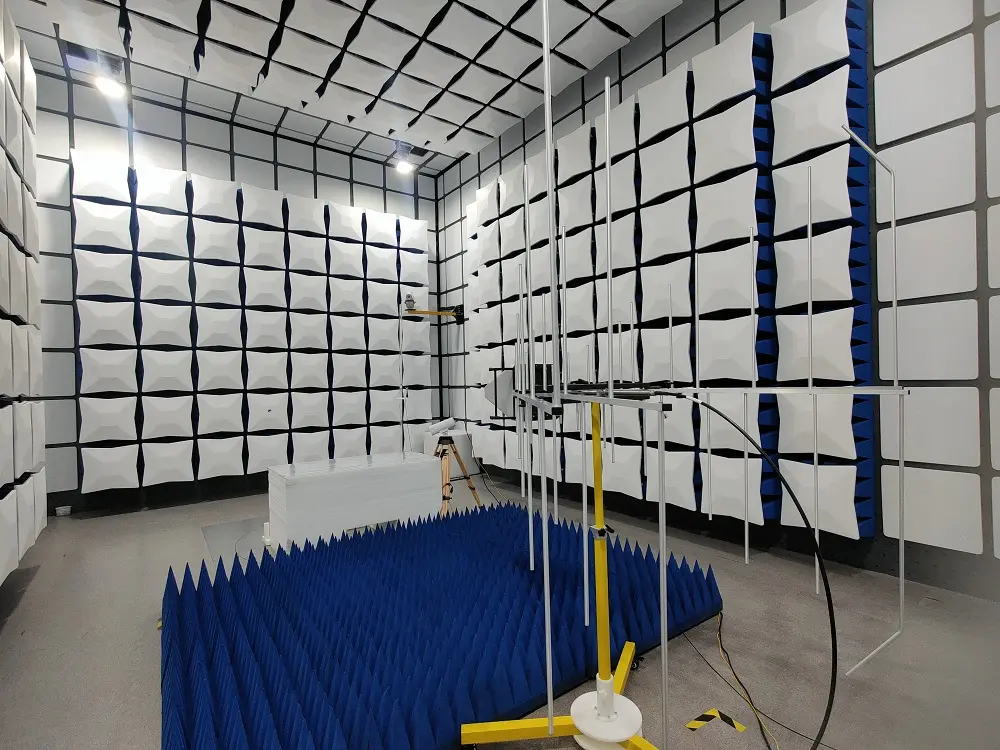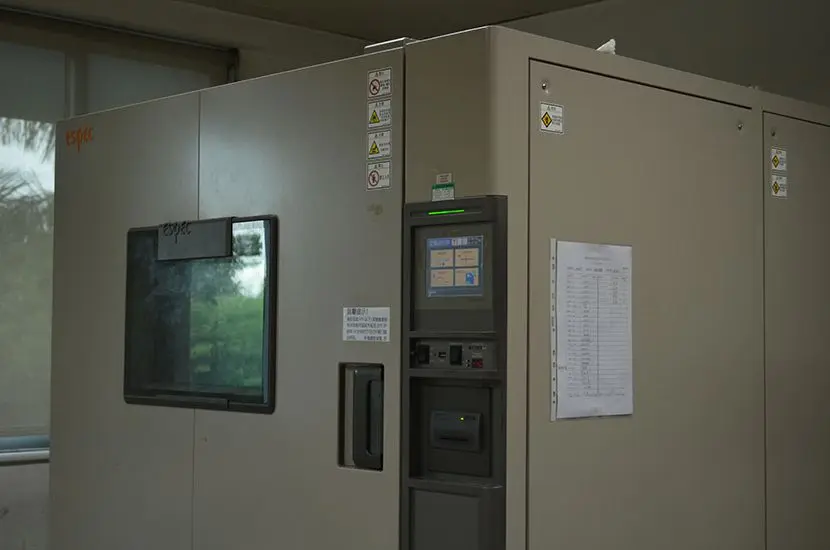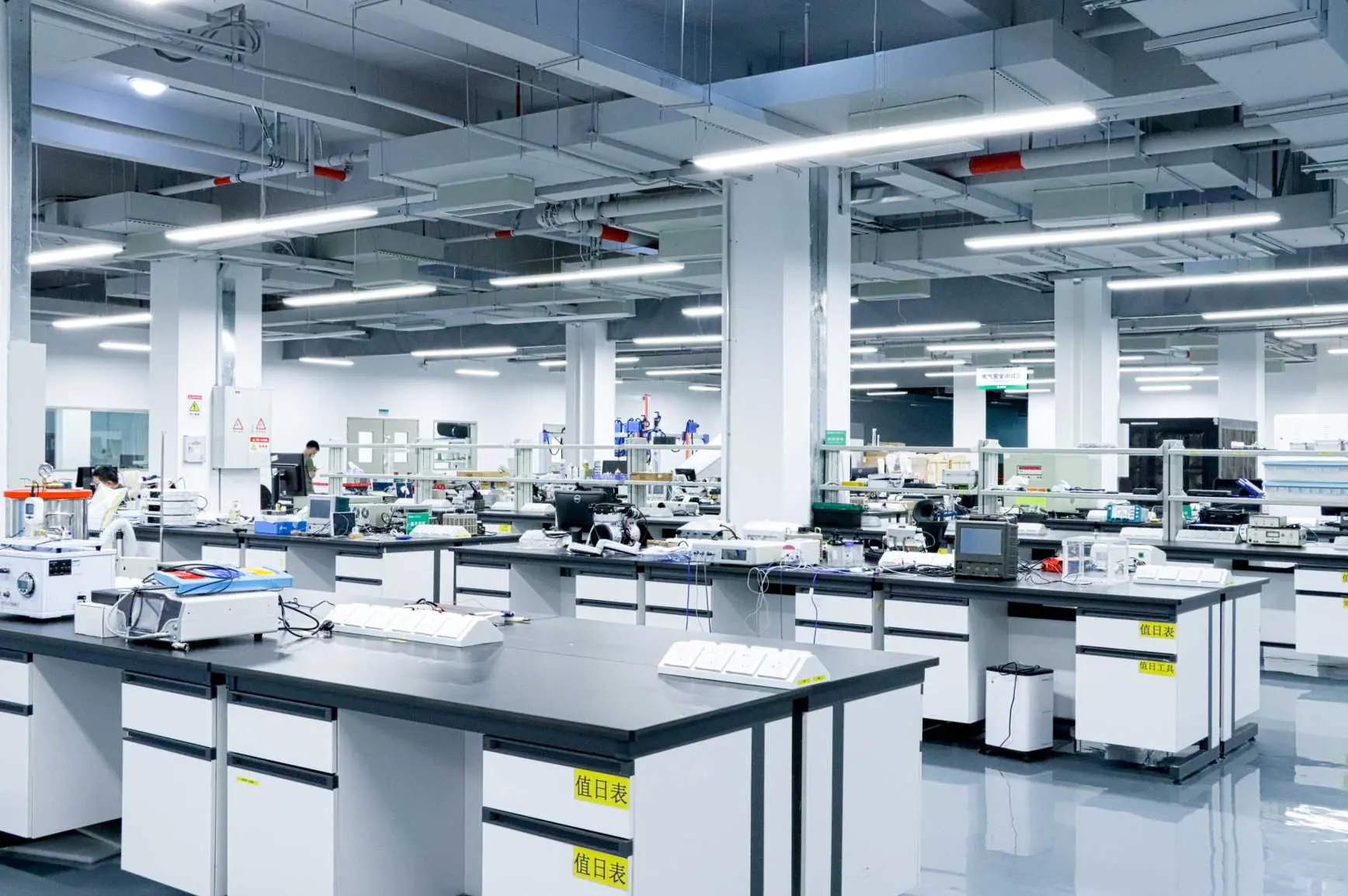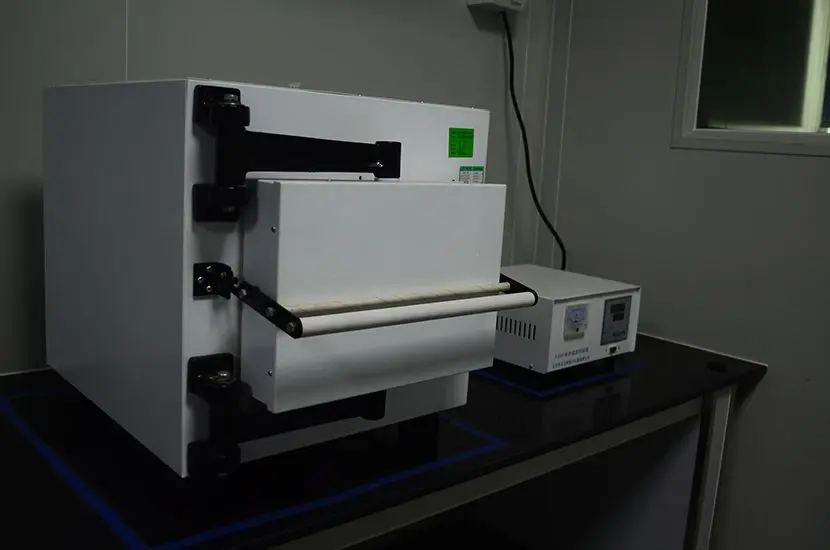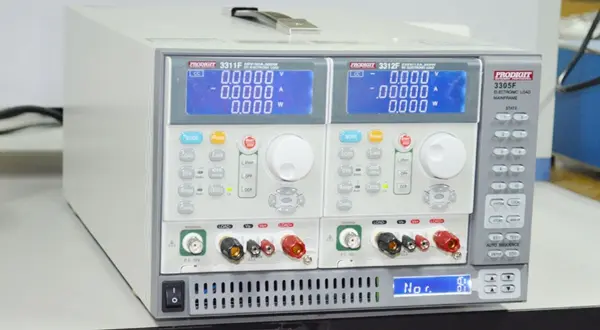Singapore IDA Certification
The Infocomm Development Authority of Singapore (IDA) is a statutory body responsible for managing the information and communication sector. IDA regulates the use of telecommunication products based on technical specifications established by IDA. Any telecommunications equipment intended for sale or use in Singapore must apply for IDA approval.
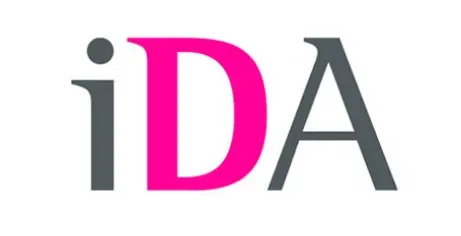
Pre-import approval:
After April 15, 2010, pre-import approval is not required for telecommunications equipment, except for banned devices or others specified by IDA, including:
- Scanning receivers
- Military communication equipment
- Telephone voice alteration devices
- Radio communication jamming devices
- Radio communication devices operating in the 890MHz–915MHz or 935MHz–960MHz frequency bands (e.g., cordless phones), excluding cellular mobile phones or devices approved by other regulatory bodies.
Import procedure for telecommunications equipment:
Importers must ensure that imported equipment complies with the relevant IDA technical specifications, such as standards for line terminal equipment or radio communication devices. If the equipment is intended for sale or rental, the importer must apply for/register the appropriate dealer’s license. Products must also be registered with IDA before being sold or rented. Besides exempted products, a license is required to operate radio communication equipment in Singapore. The list of exempted products is available in the Telecommunications (Exemption under Sections 33/34(1)(b) and (35)) Notification.
Dealer’s License:
- Dealer Class License (DC): Allows license holders to trade/sell registered equipment or equipment that does not require approval under the First Schedule of the Telecommunications (Dealers) Regulations (e.g., telephones, cellular identification devices, fax machines, etc.).
- Dealer Individual License (DI): Allows the license holder to trade/sell registered products and unregistered equipment (for export purposes only). As of April 15, 2010, the validity of the DI license has been extended from 1 year to 5 years.
Application Requirements
Equipment Registration Schemes:
- (a) Enhanced Simplified Equipment Registration (ESER) (Implemented in 2007): Applies to complex multi-line equipment or short-range/low-power ISM band devices (detailed list in Appendix B, Table B.1 of the Telecommunications Equipment Registration Guide). This includes PABX, TKS, ISDN devices, DECT phones, WLAN, Bluetooth devices, RFID, wireless microphones, radio monitoring, remote control, and telemetry devices.
- (b) Simplified Equipment Registration (SER): Applies to cellular (2G/3G/GMPCS) mobile terminals and broadband access devices (ADSL and cable modems).
- (c) General Equipment Registration (GER): Covers any device type mentioned in Appendix B, Table B.1 of the Telecommunications Equipment Registration Guide and devices requiring mandatory IDA licensing, such as land mobile radio receivers, mobile base stations, UWB and WBA devices, and short-range equipment.
Registration methods and required documentation for each scheme:
- ESER Scheme
Self-declaration: Supplier's Declaration of Conformity (SDoC) with technical details, sales brochures, and device images.
- SER Scheme
Self-declaration: SDoC based on manufacturer or IDA-recognized test reports or certificates, along with device photos and sales brochures.
- GER Scheme
Declaration certified by IDA-recognized institutions, assessed by IDA. Required documents include SDoC, photos, sales brochures with technical details, test reports, and user guides.






